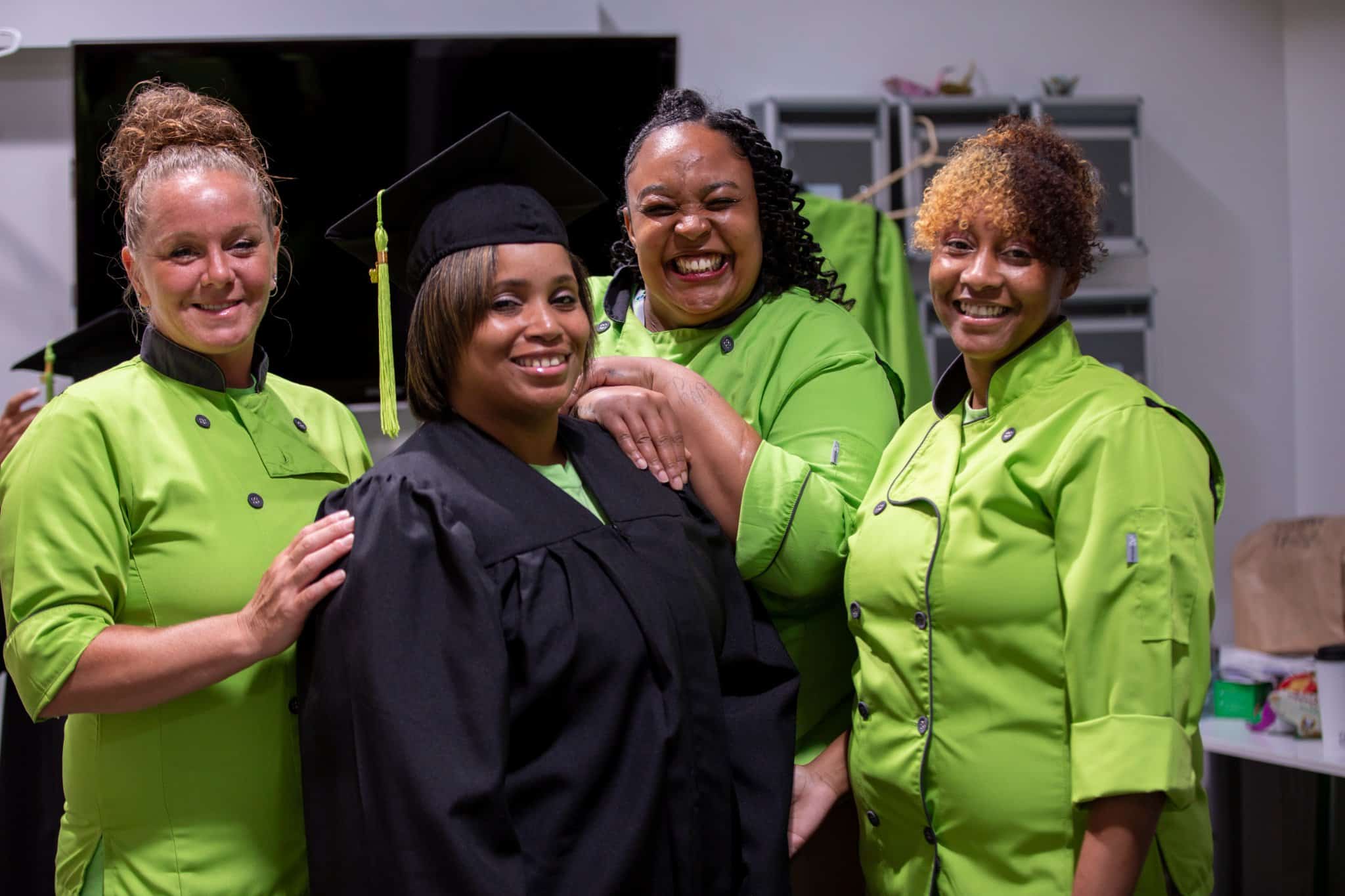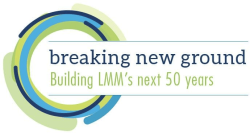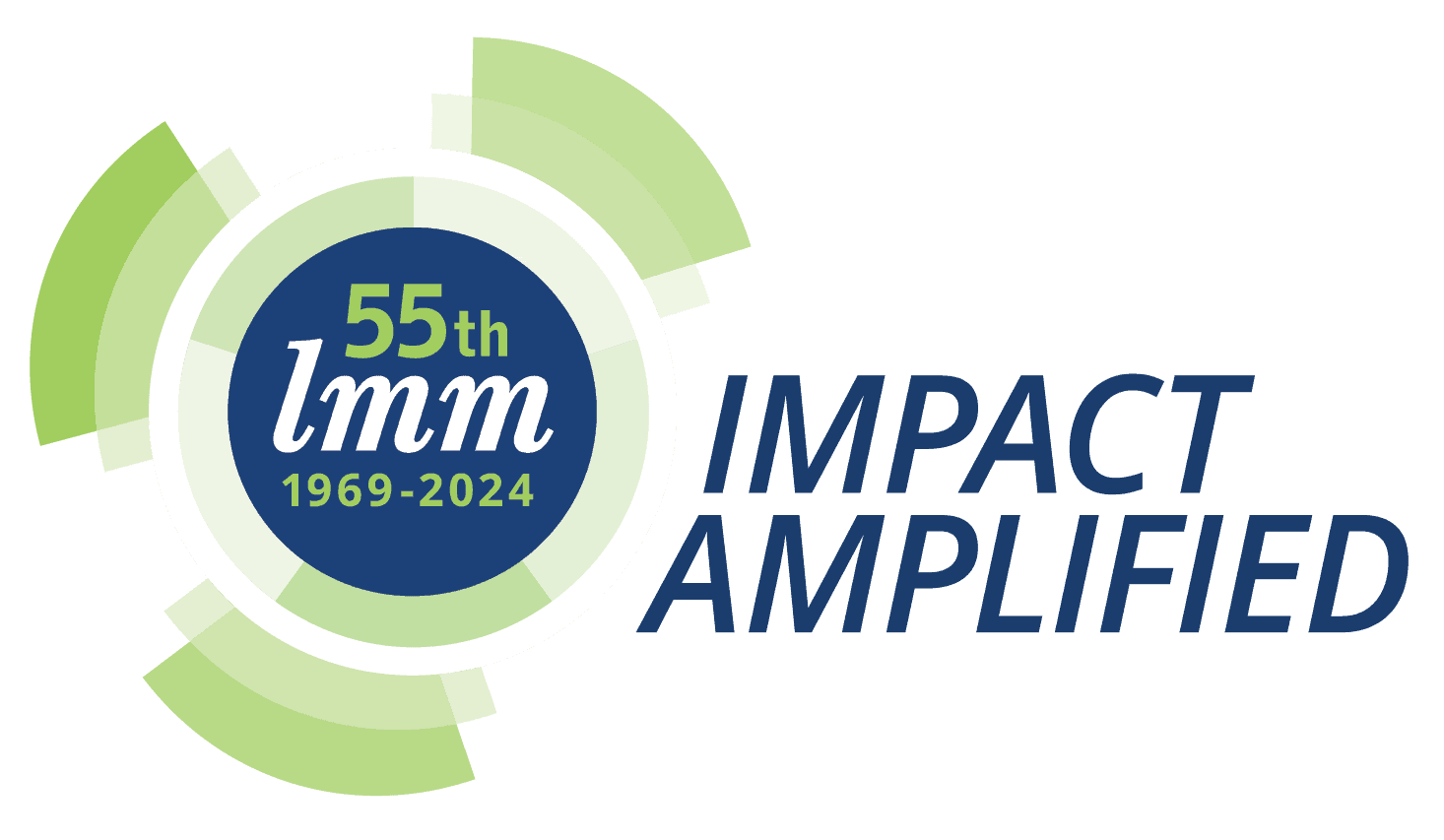 Reentry isn’t a concept Malika Kidd ever thought would be part of her life journey, but incarceration for a drug offense changed everything. Years later, Malika is the Director of Workforce Development at LMM.
Reentry isn’t a concept Malika Kidd ever thought would be part of her life journey, but incarceration for a drug offense changed everything. Years later, Malika is the Director of Workforce Development at LMM.
Malika runs the Chopping for Change culinary reentry program, is a sought after subject matter expert who travels the country speaking on the topic, and is an advocate for herself and others on their reentry journey. Whether she’s receiving her college degree, or attending church on Sunday, she often refers to herself as walking in her purpose. At LMM, we are so glad we are part of her purpose. As we forge into Second Chance Month, we’re happy to introduce you to Malika.
As someone with lived experience who now does exceptional work in reentry, how did your involvement in the criminal legal system inform the trajectory of your career?
As someone with lived experience who now excels in the reentry field, my journey through the criminal legal system deeply informs my career trajectory. Having experienced the challenges of reintegration firsthand, I am intimately aware of the barriers individuals face upon release, from employment to housing, due to their criminal records. My personal struggles have fueled my passion and commitment to improving reentry outcomes for others. I bring a unique perspective to my work, understanding the systemic issues at play and advocating for meaningful change in policies and practices that impact individuals with justice involvement.
You’ve been with LMM since the inception of the Chopping for Change program. How have you seen reentry change in Cuyahoga County since then?
 Since the inception of the Chopping for Change program at LMM, I’ve witnessed significant progress in reentry efforts in Cuyahoga County. There has been a growing recognition of the importance of providing comprehensive support and opportunities for individuals returning to the community after incarceration. Programs like Chopping for Change have demonstrated the efficacy of innovative approaches to reentry, focusing on skill-building, education, and empowerment. Additionally, there has been increased collaboration among stakeholders, including nonprofits, government agencies, and community members, to address the multifaceted challenges of reintegration.
Since the inception of the Chopping for Change program at LMM, I’ve witnessed significant progress in reentry efforts in Cuyahoga County. There has been a growing recognition of the importance of providing comprehensive support and opportunities for individuals returning to the community after incarceration. Programs like Chopping for Change have demonstrated the efficacy of innovative approaches to reentry, focusing on skill-building, education, and empowerment. Additionally, there has been increased collaboration among stakeholders, including nonprofits, government agencies, and community members, to address the multifaceted challenges of reintegration.
For incarcerated adults to be able to go out to high-end restaurants to make a living wage shows huge strides in the change in reentry. While there is still much work to be done, I’m encouraged by the steps forward we’ve taken in promoting successful reentry and reducing recidivism.
In addition, I was recently selected to be on a jury panel despite my lived experience and the work we do at LMM. Going from sitting in a defendant’s seat to a juror seat was transformative in and of itself, and shows changes in Cuyahoga County.
What are some of the ways you’re involved in reentry on a national level?
 My involvement in reentry extends beyond my local community to the national level. As a member of the National Association of Blacks in Criminal Justice (NABCJ), I participate in conferences, forums, and advocacy efforts aimed at advancing equity and justice in the criminal legal system. I have been honored to speak at various events, sharing my experiences and insights to inform discussions on reentry policy, best practices, and community engagement. I have either attended, presented, or spoke on panels at National Conference on Higher Education in Prisons, Bureau of Justice Assistance Building Skills for Improved Employment and Reentry Services Symposium, and the association of Justice-Involved Female Organization to name a few.
My involvement in reentry extends beyond my local community to the national level. As a member of the National Association of Blacks in Criminal Justice (NABCJ), I participate in conferences, forums, and advocacy efforts aimed at advancing equity and justice in the criminal legal system. I have been honored to speak at various events, sharing my experiences and insights to inform discussions on reentry policy, best practices, and community engagement. I have either attended, presented, or spoke on panels at National Conference on Higher Education in Prisons, Bureau of Justice Assistance Building Skills for Improved Employment and Reentry Services Symposium, and the association of Justice-Involved Female Organization to name a few.
I sit on the Board of Cuyahoga County Board of Health, Equity, Diversity, and Inclusion. I am part of the Northeast Ohio Workforce Coalition and Greater Cleveland Reentry Leadership Coalition. Serving on boards and committees dedicated to addressing issues of reentry, criminal justice reform, and social justice, helps in leveraging my expertise and perspective to influence positive change on a broader scale.
Supporting reentry in communities requires a multifaceted approach that addresses the complex needs of individuals returning from incarceration. One crucial way people can contribute is by advocating for policies and practices that promote successful reintegration, such as fair hiring practices, access to affordable housing, and educational opportunities. Community members can also support reentry organizations and initiatives through volunteering, mentoring, and providing resources to help individuals navigate the challenges of reentry. Building supportive networks and fostering inclusive communities are essential in creating pathways to opportunity and reducing barriers for individuals with justice involvement.






